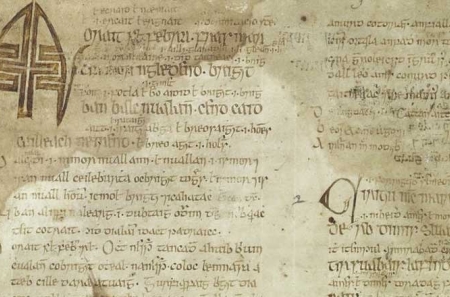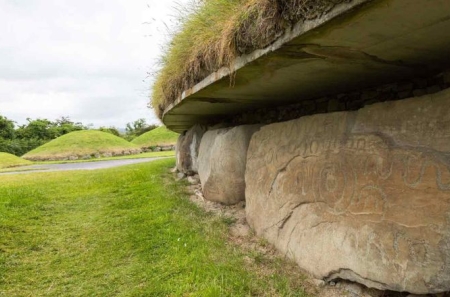
NEW BOOK: Enfranchising Ireland? Identity, citizenship and state
02 May 2018This book explores the origin and evolution of the concepts of citizenship and identity in Ireland
Our latest publication, Enfranchising Ireland? Identity, citizenship and state, in being published on 2 May.
The rights and duties associated with the concept of citizenship are a central aspect of the process of identity-building and state formation. This book explores the origin and evolution of the concepts of citizenship and identity in Ireland from a broadly historical perspective. It traces the development of these concepts in terms of rights and duties, from classical times through the medieval period and the partition of Ireland, focusing on the implications for Ireland’s citizens. In addition, the present difficulties surrounding Brexit, the refugee crisis, and the related matters of migration and integration are considered.
Here's the opening of the book by editor Steven G. Ellis:
After some years of relative stability, the balance of rights and duties that together make up the modern concept of citizenship has again been called into question, with recent events impinging on the European Union and Ireland’s role in Europe. Political instability in North Africa and in the Middle East has prompted large numbers of migrants and refugees to seek asylum in Europe, chiefly in Greece and Italy in the first instance, but with the intention of moving further north and west within the EU. Faced with this prospect of large-scale uncontrolled immigration, the EU member states, including Ireland, have entered into agreements to take in stated numbers of these refugees, who will in most cases later look to integrate into the host society, to secure permanent residence and to work here, with their status confirmed by grants of citizenship. In many ways, large population movements of this nature are a product of the modern phenomenon of globalisation: over the past 30 years, such developments have in Ireland prompted an increase in the proportion of residents born outside Ireland, from minuscule numbers to a sizeable minority—no less than 17 per cent of the Republic’s population at the last census in 2016. In the United Kingdom, the growing numbers of foreigners hoping to live and work there was also a major influence in the recent vote in favour of Brexit, and the decision of the UK to leave the EU. This in turn now calls into question the present Common Travel Area between Britain and Ireland, as well as threatening a restoration of a ‘hard border’ between Northern Ireland and the Republic which, at the same time, amounts to the creation of a new border between the UK and the EU...
To continue reading, purchase your copy of Enfranchising Ireland? Available from our website or in all good bookshops.



